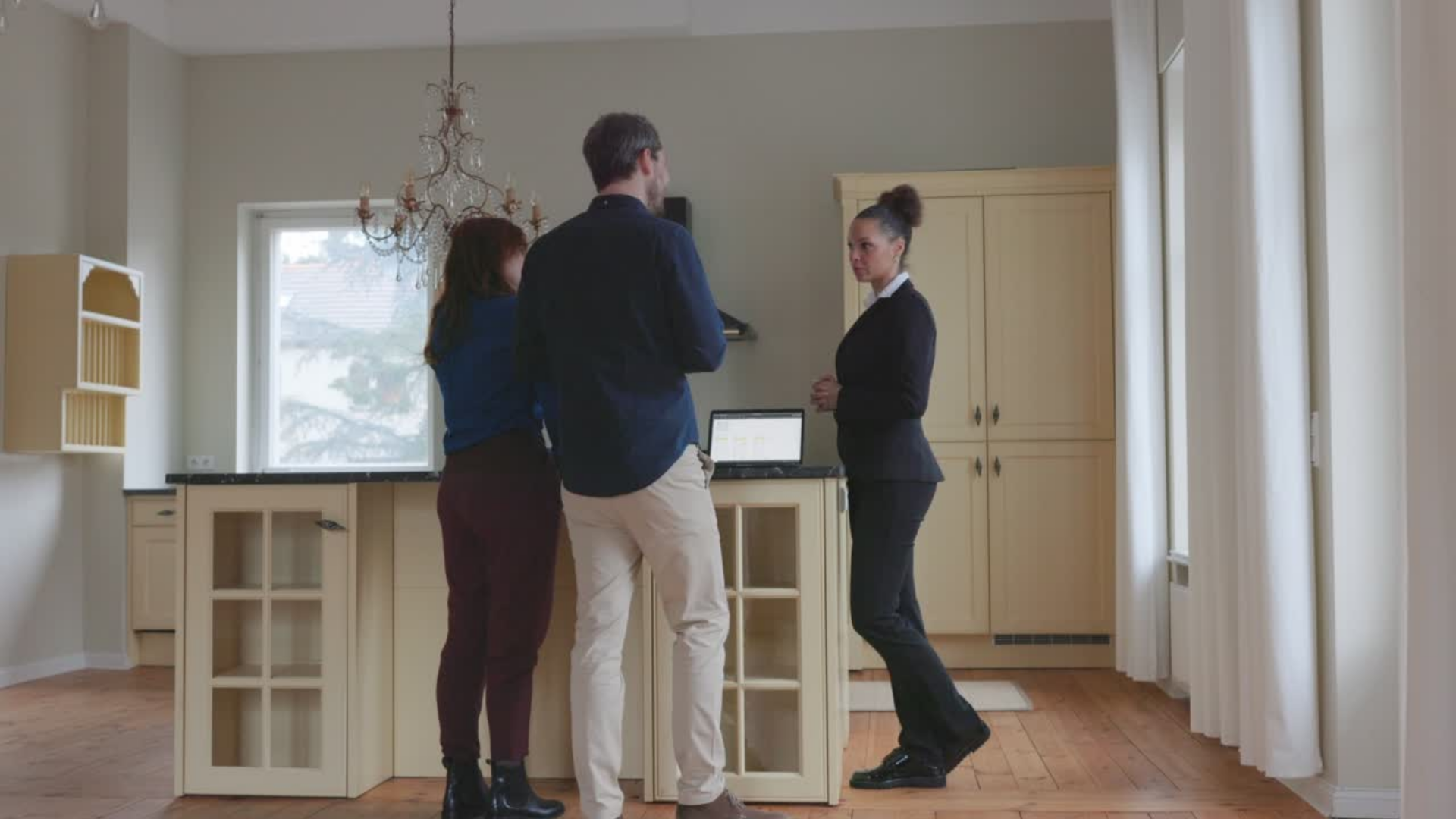Selling a house is a big deal in someone’s life, and it often brings unexpected feelings, like “seller’s regret.” This happens when someone sells their home and then feels sorry or second-guesses their decision. It’s common to hear about buyer’s remorse, but seller’s regret can be surprising. This usually happens because of strong emotions about the house, doubts about the sale’s timing or price, or just stress from the whole selling process.
Dealing with Emotional Attachments and Financial Concerns
Selling a house isn’t just about the numbers and contracts. It’s also about handling a lot of feelings and memories. For example, a 2021 survey found that about 75% of sellers felt some regret after selling. This could be due to emotional attachment to the home or concerns about money, like selling too quickly or for a lower price than expected.
Getting Ready to Sell: Emotional and Market Preparation
Preparing to sell your house starts with getting ready mentally and emotionally. You should recognize and accept your feelings about leaving your home. It helps to start seeing your home as a product for sale, not just your personal space. Remembering the reasons you’re selling and the new opportunities ahead can also help.
Conducting Market Research
Understand the current real estate market in your area. Look at recent sales of similar homes and consider who is buying in your area. Is it a buyer’s or seller’s market? Knowing these things can help set realistic goals for your sale.
Pricing Your Home Right
Setting the right price is key. You need to understand the local market, review recent sales of similar homes, and consider special features of your house. Professional appraisals and market analysis can also help. Be careful not to set the price too high or too low.
Choosing the Right Real Estate Team
The right real estate team can make a big difference. Look for experienced agents with good track records, clear communication skills, and a network of contacts. They should understand your needs and be able to guide you through the process.
Marketing Your Home Effectively
Good marketing can help sell your home faster and for a better price. This includes staging your home, taking professional photos, and writing a compelling listing description. Use online platforms and social media, and consider both open houses and private showings.
Negotiating Offers
Stay calm and objective during negotiations. Understand the buyer’s perspective and be prepared for counteroffers. Be open to compromise and keep market conditions in mind. Setting realistic expectations and considering the total package of offers is important.
Closing the Deal
The closing process involves completing legal and financial steps to transfer ownership. Be prepared for home inspections and appraisals, secure title insurance, and ensure all required repairs are completed. Review all closing documents for accuracy and keep clear communication with all parties involved.
By understanding seller’s regret, preparing emotionally and market-wise, setting the right price, choosing a strong team, marketing effectively, negotiating wisely, and smoothly closing the deal, you can sell your home confidently and without regrets.


